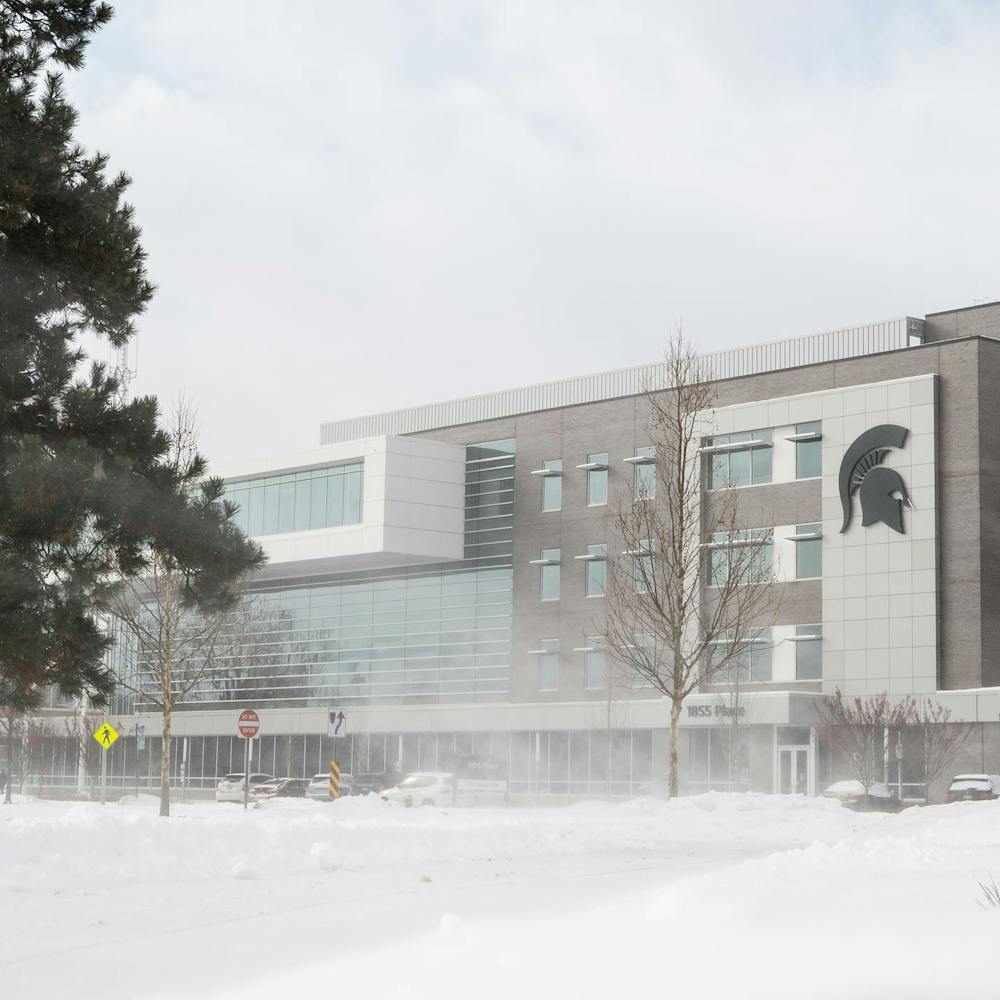With its northern location, ample access to fresh water and room for population growth, Michigan has been hailed as a climate haven – a destination for refugees of drought and natural-disaster-driven destruction.
In recent years, publications have predicted an influx of immigration into the state.
However, MSU scientists aren’t so sure about such a rose-tinted view.
Robert Drost foresees major issues with agriculture and fisheries, as well as the potential for flooding, extended droughts and temperatures exceeding 95 degrees over a longer period of time. Environmental experts and professors say whatever short-term advantages Michigan currently has will eventually be outweighed by the greater effects of our warming climate.
The largest potential advantage Michigan has is access to fresh water. Surrounded by the Great Lakes, it’s unlikely Michigan will encounter droughts like those faced by the west in recent years. Issues with agriculture, as well as water-rationing, could spur immigration into the Midwest.
It seems Americans aren’t keeping water in mind quite yet. In an email to The State News, food and agricultural sciences professor Felicia Wu pointed to recent data reporting from The New York Times, which suggests many Americans are actually moving west into drought-ridden wildfire-prone areas.
Data from the University of Wisconsin-Madison’s SILVIS Lab also points to more Americans moving into wildfire-prone and affected areas from 1990 to 2020.
Wu said in an email that Michiganders shouldn’t make major generalizations about how climate change will affect our state. She’s especially conservative in attempting to predict how people will react to climate events which have been heavily politicized in recent years.
Outside of the water concerns, experts were clear that many of the short-term economic or recreational benefits of seeing Michigan as a climate haven have major environmental consequences.
Drost said a warmer climate could seem like a plus for Michigan farmers; a longer growing season and more carbon dioxide in the air could be great for crops. Although more carbon dioxide can fuel plant growth, those plants would be lower in nutrients, hurting the Michigan farmers who grow for livestock feed.
Agriculture and natural resources professor Robert B. Richardson wrote in an email that warmer water temperatures could mean longer seasons of recreation and commercial shipping on the great lakes. Though, as he and Drost explained, those same warmer waters could melt ice caves far north near the upper peninsula, and hurt sensitive species of fish.
The experts shared a thesis: No short-term recreational or economic benefit could outweigh the catastrophic consequences of continued carbon emissions.
“I think a lot of people are thinking that because we have water in the Great Lakes, that's going to kind of stop the impact,” Drost said. “But, there’s a lot more to it than saying, ‘Oh, it's gonna get a little bit warmer, which means up north is going to be a little bit more temperate.’ It's not that easy.”
Drost said those not worried yet should shift their focus from the potential climate haven to the current climate crisis. He pointed to the record floods and heat Michigan’s already seeing each year.
The National Oceanic and Atmospheric Administration compiles yearly summaries of how each state is affected by climate change, while Michigan’s newly released 2022 report finds flooding a major issue now, unlike many other states.
Support student media!
Please consider donating to The State News and help fund the future of journalism.
Discussion
Share and discuss “Will Michigan become a refuge for the climate crisis? MSU experts discuss” on social media.







